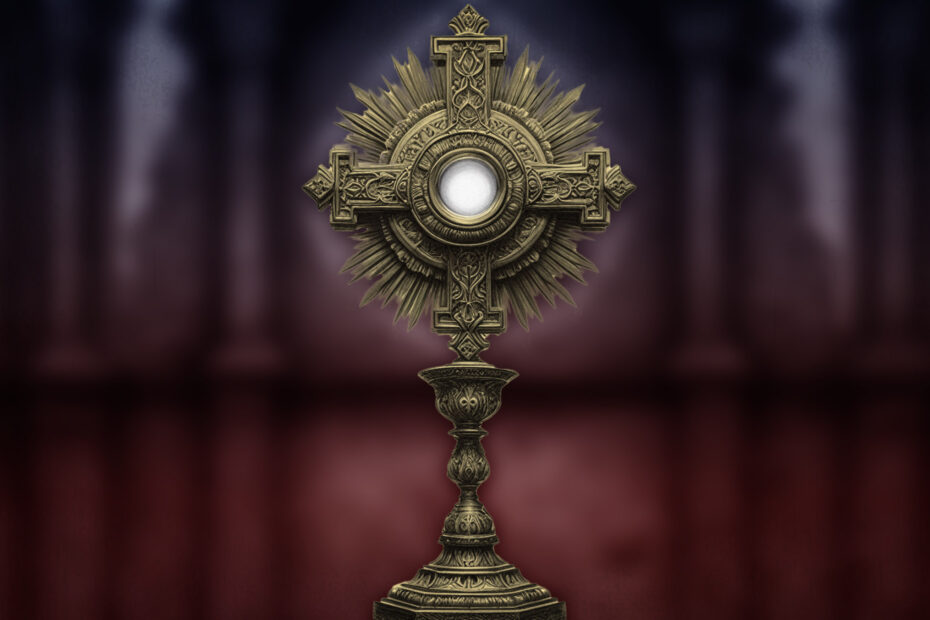By Judie Brown
Catholic bishop Joseph Strickland, former bishop of Tyler, Texas, bore a low, excruciating blow from Pope Francis last year. Because he had the temerity to teach the truth in an unapologetic but loving way, Bishop Strickland apparently ruffled the feathers of one too many liberal thinkers in the Church who masquerade as Catholic leaders. As Strickland pointed out in an interview: “The only answer I have to that is because forces in the Church right now don’t want the truth of the Gospel.”
When we revisit the copious number of articles written about the incident, many of which went to extraordinary pains to avoid the obvious, we are left with the sinking feeling that orthodoxy is viewed as a problem. If this were not the case, why would Pope Francis have targeted Cardinal Raymond Burke as well? Since we do not have a firsthand response for this, we are left with the thought that perhaps courageous teaching is unwelcome in the Vatican these days.
Fortunately both Cardinal Burke and Bishop Strickland have websites to which we can go for inspiration, spiritual teaching, and discussion about the real presence of Christ in the Eucharist.
We were particularly struck by Bishop Strickland’s statement, made after Pope Francis told a group of young people in Singapore:
All religions are paths to God. I will use an analogy, they are like different languages that express the divine. But God is for everyone, and therefore, we are all God’s children. “But my God is more important than yours!” Is this true? There is only one God, and religions are like languages, paths to reach God. Some Sikh, some Muslim, some Hindu, some Christian.
Strickland reacted to this comment, saying that in accord with Catholic teaching, “This statement is . . . called indifferentism. Indifferentism makes the claim that all religions are of equal value and all lead to the same divine truth. This directly contradicts the Church’s doctrine that there is one true faith, and that the Catholic Church is the only path to salvation.”
The Catechism of the Catholic Church teaches: “Agnosticism can sometimes include a certain search for God, but it can equally express indifferentism, a flight from the ultimate question of existence, and a sluggish moral conscience. Agnosticism is all too often equivalent to practical atheism.”
Clearly Bishop Strickland was well within his rights to point out the error in Pope Francis’ statement.
This brings us to Cardinal Burke, who is also a strong defender of Christ and His truth. His defense of the real presence of Christ in the Eucharist, which alone makes clear that the Catholic Church is the one true Church of Jesus Christ, inspired us to remind our fellow Catholics, “It is this love of Christ that best defines Cardinal Burke. It is his commitment to protecting the Eucharist from sacrilege that inspires us to fight for this truth as well. This is why we praise God for the enduring wisdom of Cardinal Raymond Burke.”
Bishop Strickland and Cardinal Raymond Burke are heroic men who, though bloodied on the battlefield by papal shenanigans, never choose to walk away. They are both heroic men who would rather die for the Truth than suggest that it is fungible.
Cardinal Raymond Burke and Bishop Strickland have always reflected the insightful teaching of Saint Paul to the Philippians:
Rejoice in the Lord always. I shall say it again: rejoice! Your kindness should be known to all. The Lord is near. Have no anxiety at all, but in everything, by prayer and petition, with thanksgiving, make your requests known to God. Then the peace of God that surpasses all understanding will guard your hearts and minds in Christ Jesus.
We thank them for their absolute devotion to Christ. Let us pray for them and for the Lord to raise up more heroic leaders like them—men who will teach truth for the love of Christ.
